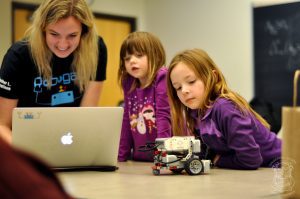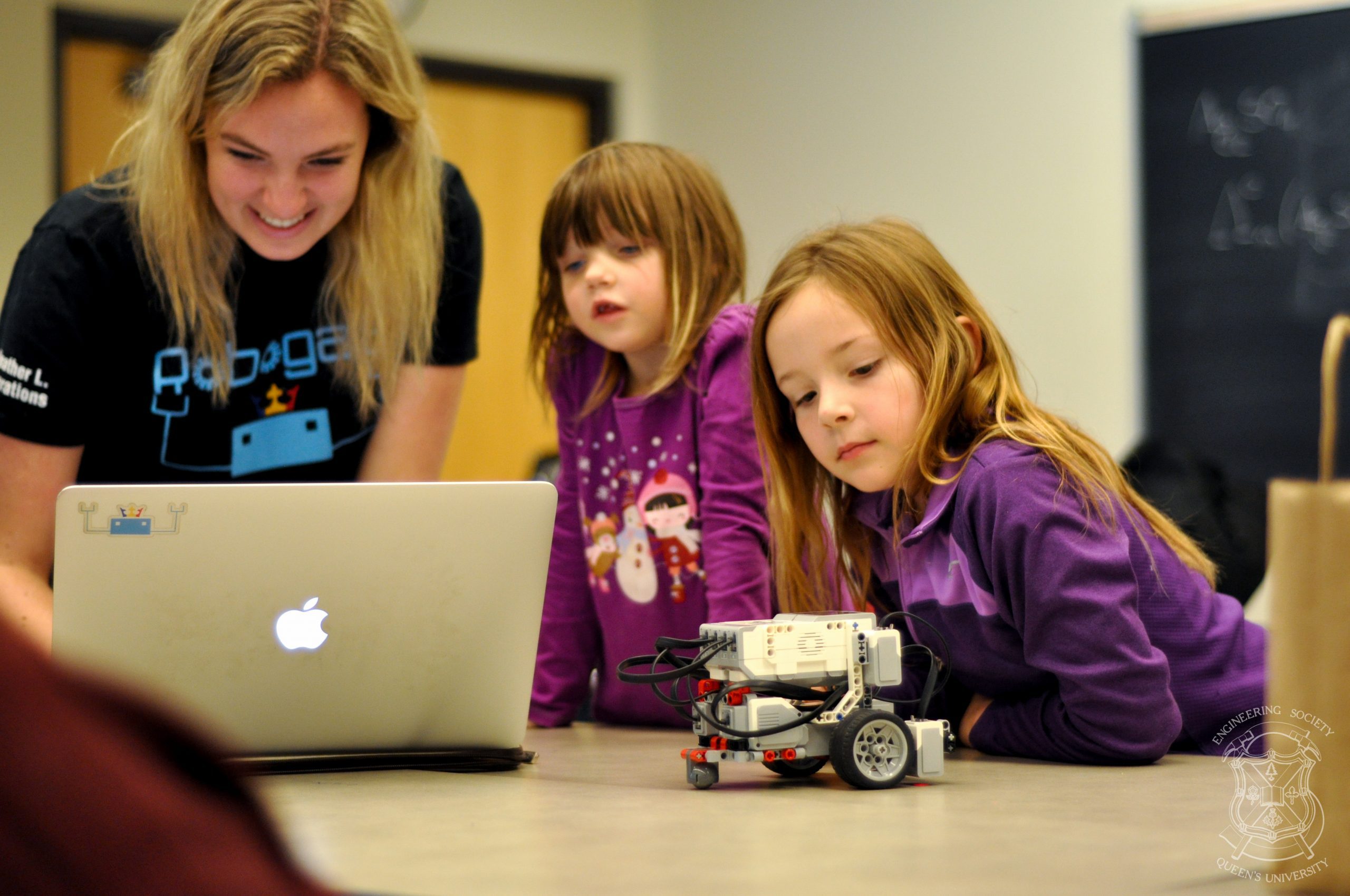
This past semester marked a significant milestone for Robogals North America; the Queen’s Chapter ran our first workshop with a school located in a rural community. The inclusion of rural communities in educational programs like Robogals is essential. These programs provide students with opportunities to learn about STEM (science, technology, engineering and mathematics), and explore careers they may have otherwise overlooked. Many girls, especially in more remote communities, may have less exposure to enrichment programs, especially science-based workshops. In a town such as Kingston, schools within the city are able to participate in many programs run through the university; but the farther removed from the city, the less opportunities there are for such activities. Robogals is working hard to combat this problem by actively reaching out to under-served groups in our broader community. By reaching out to these students at a young age Robogals is able to dispose the stereotypes of a “typical” engineering student, and serves as a role model for young girls.
To start off our rural workshop series we sent a team of volunteers to the school — about an hour outside of the city — to run activities with the students during science class. This workshop gave the students an introduction to robotics, and got them excited to sign up for the field trip to Queen’s campus the next week. Being able to provide transportation to and from campus made the trip much more accessible for many families – and the following Friday we sent a bus to the school to pick up eighteen students, and two parent chaperones who has signed up for the field trip. When the students arrived at Queen’s our wonderful volunteers led them in team-building STEM challenges, such as “the Marshmallow Challenge”. One of the most exciting aspects of the trip was taking the students on a tour of Queen’s campus. This allowed the girls to see first-hand what it is like to study engineering, and provided them with inspiration for their own post-secondary school goals. After a catered lunch, the afternoon consisted of extended robotics workshops that built on their knowledge from the morning workshop.
Our first rural workshop was a huge success. Moving forward, the Queen’s Chapter will strive to reach more under-served groups, especially remote secondary schools. Being able to host the workshop on campus limited our cost of running the workshop down to just providing a bus for the students. It is free for university clubs to book rooms on campus, and by partnering with local businesses we are often able to cater lunch for the students free of charge. The feedback from the teachers, parents, and students involved in the workshops was overwhelmingly positive. The students were excited to use new technology and learn new things. As volunteers, we were grateful to be able to provide the students with an experience that they might otherwise miss out on.



